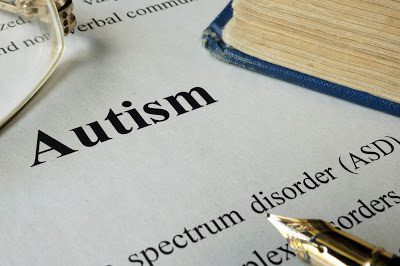The first recorded use of the word autism was in 1908 by Eugen Bleuler. He used the word to describe a schizophrenic patient who exhibited introverted and antisocial behaviors. Thanks to continued research and medical advances, our knowledge of autism has come a long way since 1908. Below is a brief history of what we now know as Autism Spectrum Disorder.
1943 – Child psychiatrist Leo Kanner, M.D., publishes a paper describing nearly a dozen children who were highly intelligent, but displayed a “powerful desire for aloneness.” She named the condition “early infantile autism.”
1944 – German scientist Hans Asperger studied a group of boys who all had above average IQs, but had difficulties understanding common social cues. He described the condition as a “milder” form of autism, which we now refer to as Asperger’s Syndrome.
1967 – After World War II, autism became a highly researched topic. Most psychologists believed the cause of autism was based “solely at the impact of life experiences.” Psychologist Bruno Bettelheim popularized the term “refrigerator mothers.” The theory suggested that autism developed in people if their mothers did not show them enough love and affection as a child. Though today, we know this belief has been disproved and discredited.
1977 – After studying identical twins (one with autism and one without), researchers believe autism is caused by genetic and biological differences in the brain.
1988 – The movie Rain Man is released and receives international attention. Though every person diagnosed with autism has a different story, the movie was praised for bringing awareness to the disorder.
1991 – The U.S. federal government declares autism its own category under the umbrella of special education in schools.
2013 – The DSM-5 (Diagnostic and Statistical Manual of Mental Disorders) announces autism and Asperger’s will both fall under the general diagnosis of Autism Spectrum Disorder (ASD). ASD is defined by two categories: 1) Impaired social communication and/or interaction. 2) Restricted and/or repetitive behaviors.
Debra Solomon, founder of Spectrum Strategies, sees the strength and beauty in each and every individual with autism or Asperger’s Syndrome. Debra is focused on training young adults on the Autism Spectrum to accomplish life and career goals, no matter how big or small. She believes that through determination and commitment, every client has the ability to live life to the fullest potential. Call (516) 822-3150 for your one-on-one and let’s get you reaching for the stars!


